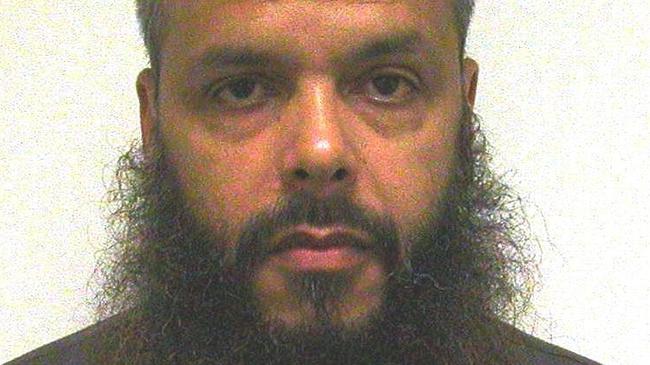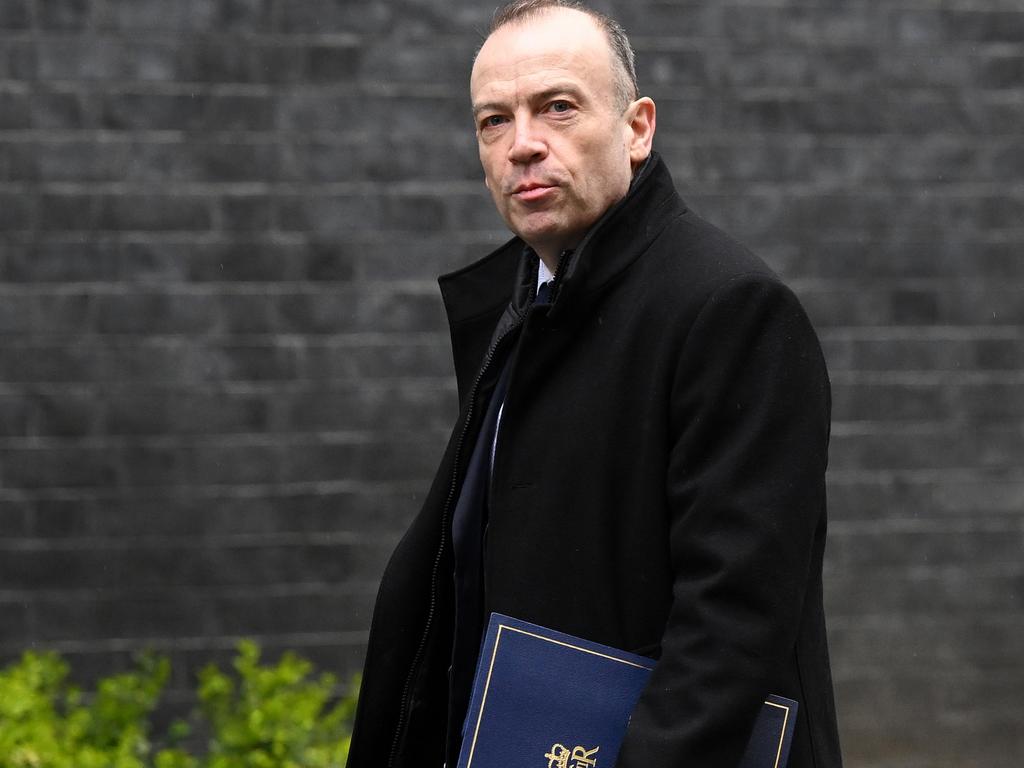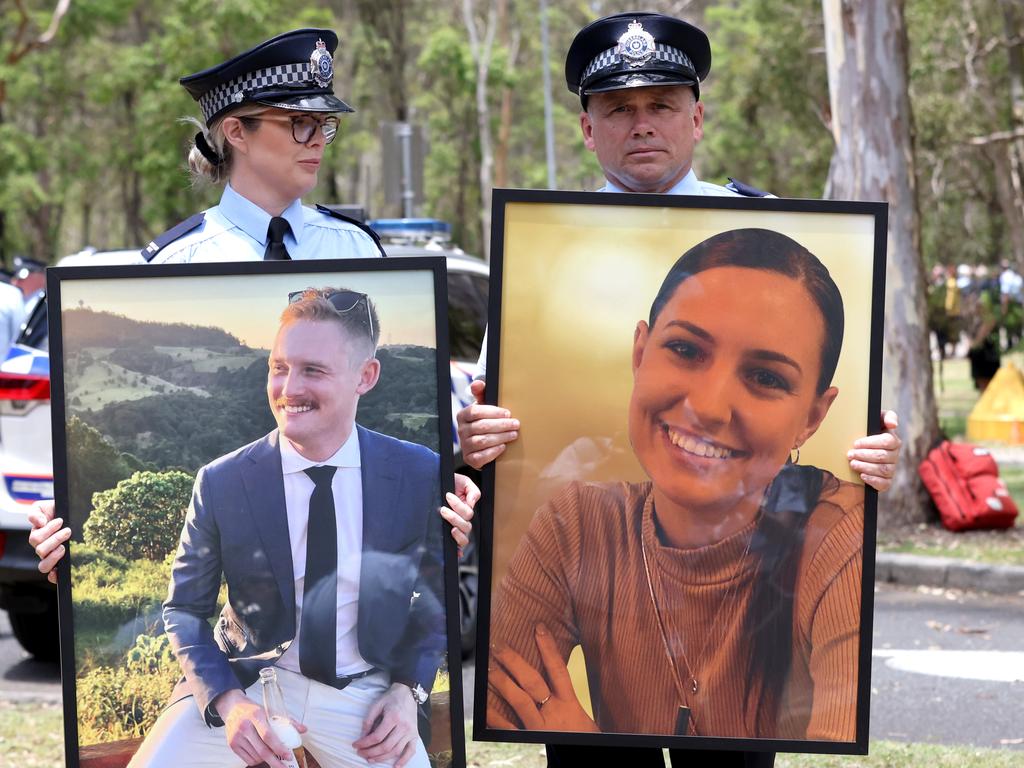Terrorist laws that keep likes of Abdul Nacer Benbrika in jail ‘should be abolished’
Continued detention orders such as the one holding terrorist Abdul Nacer Benbrika in jail three years after his prison term ended should be abolished, says a senior lawyer.

Continued detention orders such as the one holding terrorist Abdul Nacer Benbrika in jail three years after his prison term ended should be abolished, says the senior lawyer who scrutinises Australia’s national security laws.
In a scathing report, Grant Donaldson SC, the independent National Security Legislation Monitor, said CDOs were disproportionate to Australia’s terrorism risk and should be scrapped.
He attacked reliance on the VERA-2R tool to assess whether a convicted terrorist posed an ongoing threat, and said people could be approved to use VERA after just three days’ training.
He further attacked the Department of Home Affairs for “suppressing’’ a report that questioned the validity of the VERA assessment tool, saying it should never have been withheld.
Mr Donaldson’s report likely spells the end of the Coalition-era commonwealth CDOs, which have been used only twice – to detain Benbrika in Melbourne following the completion of his 15-year jail term and to hold NSW prisoner Blake Pender in custody after completion of his sentence.
The Australian has previously revealed the Australian Federal Police will seek extended supervision orders to monitor both men in the community when their continued detention orders expire.
“Australia leads the world in making laws of a kind discussed in this report,’’ Mr Donaldson noted in his 176-page report, released on Thursday.
“These laws have made us a coarser and harsher society. I doubt that anyone knows whether they have made us safer.’’
He said “all concerned citizens must be troubled by detention of a person in a prison other than as a sentence for a crime they committed’’ and he compared Australia’s relatively lower rate of terrorist offending with major attacks in Britain, and New Zealand, which suffered the Christchurch massacre.
“It is profoundly telling, when considering whether the CDO mechanism is proportionate to the risk of terrorism in Australia, and necessary, that neither the United Kingdom nor New Zealand have any process like it,’’ he said. “Australia is an outlier in having a CDO mechanism as a response to the risk of terrorism.’’

Mr Donaldson called for an overhaul of the way convicted terrorists are assessed for future risk.
“Detention in a prison is too profound a thing to be determined by prediction about the future based on this risk assessment process,’’ he said.
“The regard in which the Australian judiciary is held, and the sprinkling of judicial pixie dust on this power to order detention in a prison, should not obscure an irrebuttable risk of injustice.
“The risk of error posed by untestable judicial predictions about future behaviour, with the consequence of error being a person will be detained in a prison for no good reason, cannot be ignored.
“For these reasons, it is my judgment that CDOs are not proportionate to the threat of terrorism and are not necessary. I recommend that Division 105A be amended to abolish CDOs.”
Mr Donaldson made 15 recommendations to overhaul the regimen dealing with high-risk terrorism offenders, including establishment of an independent authority to oversee the workings of extended supervision orders.
He said the AFP minister must expand the class of people it made inquiries of in determining future risk assessments beyond commonwealth law enforcement officers and intelligence officers.
He also queried the way the VERA-2R assessment tool was used to determine future risk, saying he was confounded by the role “professional judgment’’ played.
“A person can be accredited to use VERA-2R once they have undertaken a three-day course,’’ he said. “Virtually all who give evidence in Australian courts concerning risk assessment of violent extremism are psychologists. If a prison warder can be accredited to use VERA-2R after a three-day course, what (does) a psychologist bring to assessment to enable professional judgments to be made?”
A spokesperson for Attorney-General Mark Dreyfus said: “This is a report by an independent statutory office holder.
“The government thanks Mr Donaldson for his work and will carefully consider his recommendations.”







